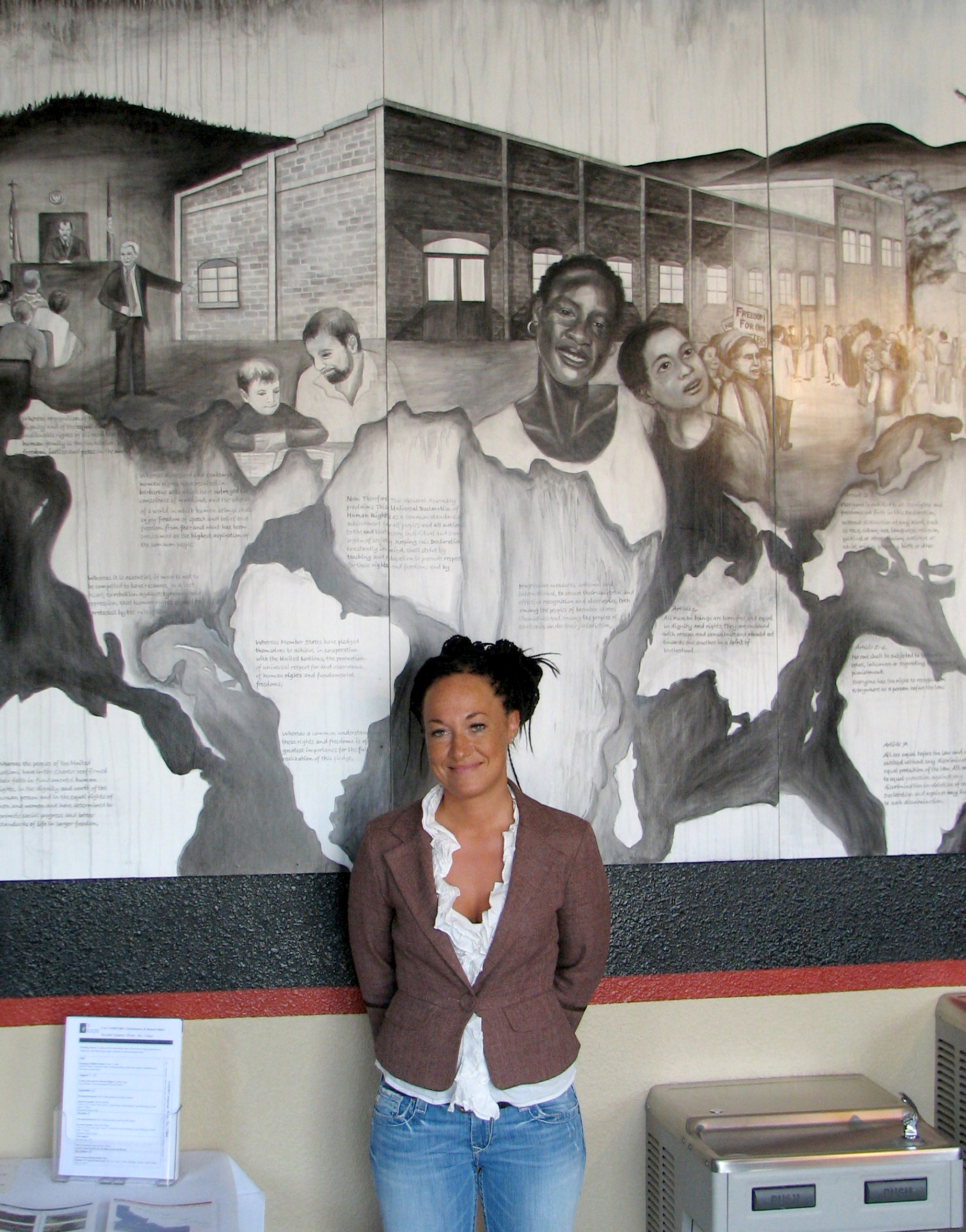Why Some Experts Debunk 'Transracial' to Explain Rachel Dolezal Case
Dolezal broke her silence and said she identified as "black."
— -- After days of public speculation, former NAACP chapter president Rachel Dolezal broke her silence this morning during an interview on the “Today“ show to say, "I identify as black.”
Dolezal's story had not only led to international headlines but generated a stream of social media comments about so-called “transracialism,” comparing Dolezal’s case to that of a transgender person.
But some experts say such an analogy makes no sense. Anita Thomas, associate professor of counseling psychology at Loyola University Chicago, said there are genetic differences between genders that don’t exist for races.
“Biological sex has biological physical components and we know race does not” in the same way, Thomas said.
“Transgender” is also cited in medical literature and the diagnosis is identified in the Diagnostic and Statistical Manual of Mental Disorders as a condition that can be treated through therapy, surgery or hormonal changes so a person can present as the gender they identify with.
Thomas points out there are often hormonal or physiological components that could lead to a person’s identifying with the opposite gender in a way that does not exist for anyone conflicted about his or her race.
Thomas instead suggests looking at why Dolezal, 37, might have wanted to present as a different race. She said it’s possible Dolezal became more comfortable in the black community through her relationships and work experiences and eventually decided to appear black as a way to improve "self-esteem."
“For Rachel, she did great work with the NAACP, really felt a lot of affirmation and powerful reinforcement,” said Thomas, who has not worked with Dolezal. “It makes sense in terms of [her thinking,] ‘How do I get to a place where people like me, and how I feel comfortable about myself?’
“For Rachel this is probably much more inward-driven.”
Dolezal might think, “I feel better … people are responding positively” to her as a black woman, Thomas added.
Dolezal, whose parents have said they are white, has not responded to ABC News' requests for comment.
Kevin Cokley, a professor in the Department of Educational Psychology and the Department of African and African American Diaspora Studies at University of Texas-Austin, said he had never heard of case like Dolezal’s.

Cokley said social scientists talk about race “as a social construct,” not biological, so it’s confusing when someone then claims they can “identify” with being black.
Priscilla Dass-Brailsford, multicultural expert and chair of international psych department at the Chicago School of Professional Psychology, said Dolezal’s case brings up intriguing questions of how people identify with different cultures and races.
“Because of a familiarity with black culture, she [may] regard herself as transracial,” Dass-Brailsford said. “But [she] can’t claim to be black.”
Dass-Brailsford said what’s troubling for some is that Dolezal misrepresented herself in a way that many people have perceived as lying.
“She can identify with black culture, that’s fine,” Dass-Brailsford said. “But then to claim as a result of doing that they become black … is an issue.”
Dass-Brailsford said what can make people uncomfortable is their suspicion that she misrepresented herself for benefit.
“We have to make all these suppositions about why she’s lying,” Dass-Brailsford said. “Because people lie for benefit and what’s the benefit” of changing races?
Her case has made people uncomfortable, Dass-Brailsford said, but as the United States becomes more diverse, people may have to address more and more of these thorny issues about race and what it means to society.
“We may have a common culture as we become more of pluralistic society,” Dass-Brailsford said. “These kinds of differences will always come up.”



